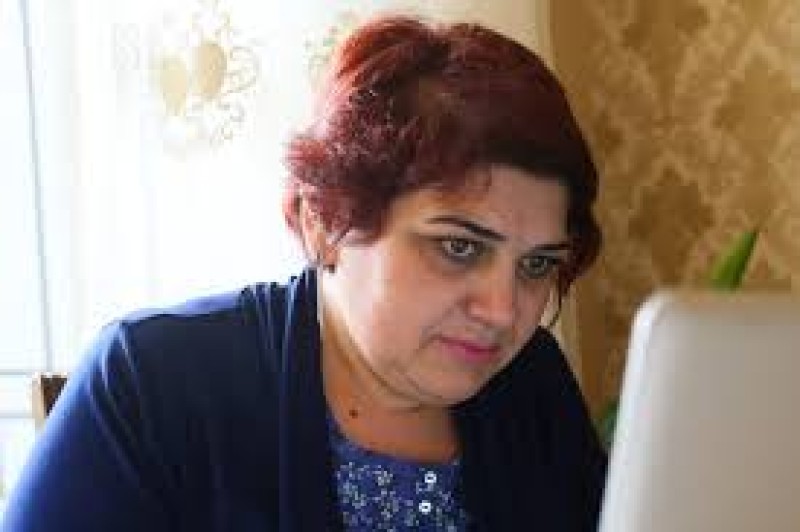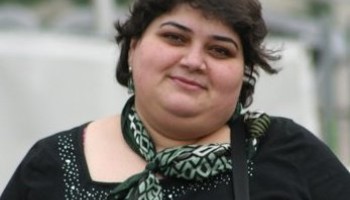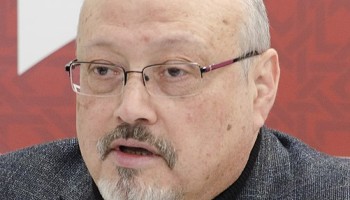Among a number of activists, Ismayilova was invited to speak about the role of governance in combating corruption at the UNHRC 37th session.
“Excellencies, how and why have those people who are willing to steal their people's opportunities to benefit themselves been able to reach high positions both in national and international levels?” she asked.
“Also in this very platform, which could be very instrumental in fighting plutocrats and kleptocrats,” she said.
The former Radio Free Europe/Radio Liberty program host and senior investigator with the Organized Crime and Corruption Reporting Project has revealed high level corruption in her country, including opaque activities and contracts linked to the Azerbaijani president’s family members.
She was arrested and sentenced to 7.5 years in prison in 2015 in Azerbaijan for her reporting. In May 2016, two days before her 40th birthday, she was set free but is prevented from traveling.
Ismayilova received several international awards for her work, including the 2017 Right Livelihood Award - also referred to as the “Alternative Nobel Prize” - which honors daring endeavors in human rights, public health and good governance.
“The UN fights with poverty, and avoids to fight one of the reasons – corrupt politicians who deprive their people of economic opportunities by family monopolies, bribes and abuses of power,“ Ismayilova told the Council.
The UNHRC’s 37th session has on its agenda the Rohingya refugee crisis and Myanmar’s response, the Syrian Civil War, and gender inequality, among other pressing issues.
Ismayilova’s address implored the Council to investigate the facts discovered by reporters on corrupt leaders, their networks, and how they generate capital in order to prevent these same people from retaining their positions in governments across the world, robbing their constituents of millions of dollars and right to fair governance.
“Corrupt leaders help each other to get richer and silence critics, they open their countries to dirty money of each other and help each other accommodate the voting procedures in international organisations,” she said.
They then can be heard hypocritically speaking from the highest platforms of the world about problems, which they themselves benefit from, she added.
“The solution is more transparency and it is your responsibility to make the world more transparent,” she said.






